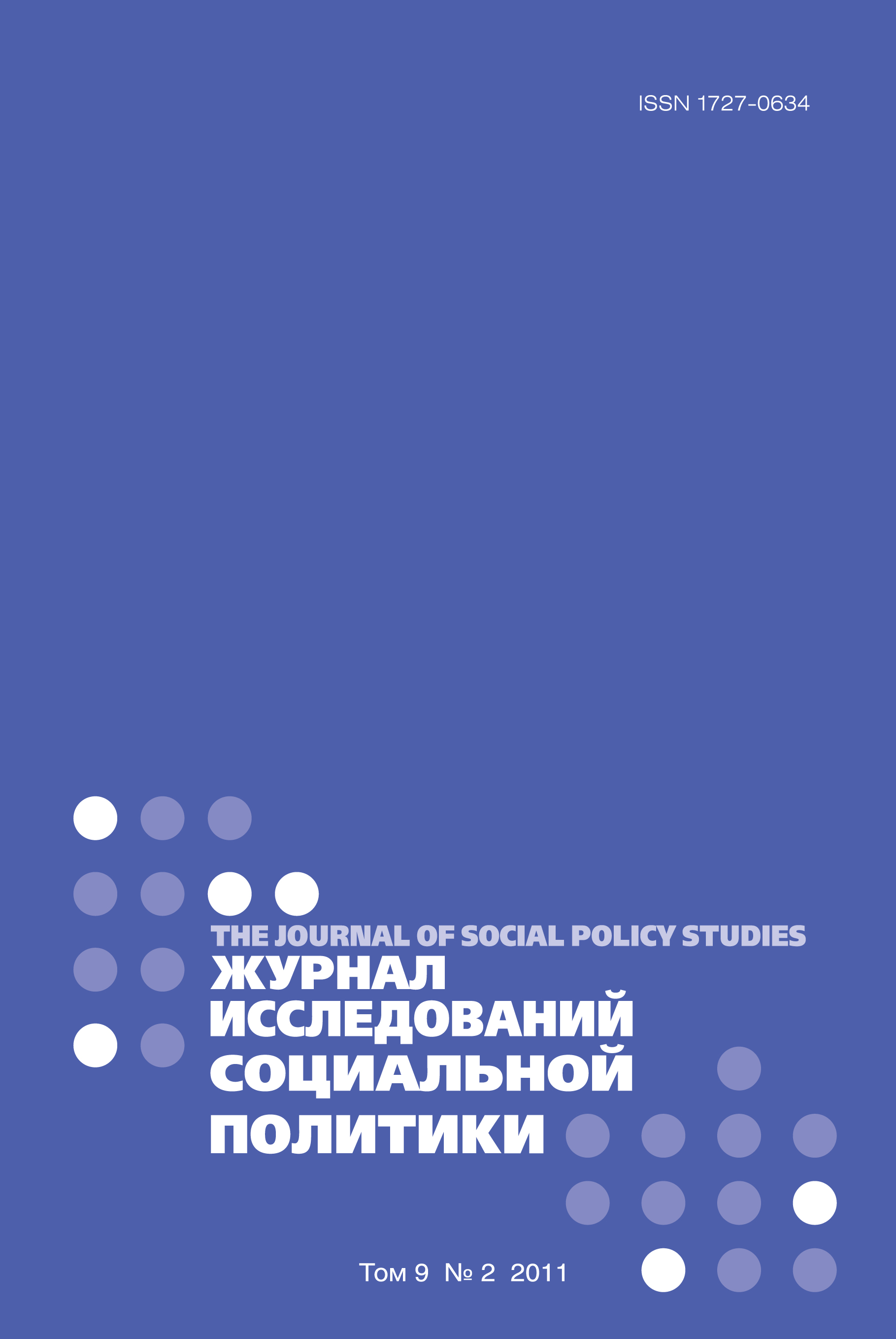Limits of possibilities of governmental participation in tolerance promotion (on the example of regional program)
Abstract
In the era of increasing transnational economic ties across the world and growing migration and large migrant communities in the metropolises of the world, the question of how to promote tolerance and harmony in society is of key importance. In order to stop the rise of xenophobia and radical groups taking advantage, a clear and successful policy on how to promote tolerance is needed from the side of the state. This is of obvious relevance to Russia, where a spate of riots, murders and other distasteful events have occurred due to the overflowing of tensions between the host community and migrants from Central Asia and the Caucasus. This article looks to analyse the options and limitations of state involvement in building tolerance in the community, combating xenophobia and reducing the potential for such conflict. This is done by considering the activities of the Federal Programme for Harmony in Interethnic and Multicultural Relations, which was launched in 2005. To give a substantial context and show the interaction of various actors, regional programmes in St. Petersburg are compared in terms of their funding statistics, relevant legislation, the various activities they are engaged in and how it is carried out. Of special interest is the utilization of the ‘expert community’ in these programmes. The composition of the experts involved in the projects remains limited, liberal opponents of the current system are carefully excluded. This often means excluding some of the people who have done the most valuable work on the ground in assisting migrant integration into Russian society. As such, problems of implementation remain serious; the heavy hand of Russian bureaucracy retains its central role and continues to stint the growth of horizontal ties between the various organisations involved. This bureaucratization of the drive to promote tolerance leads, in the end, to a reduction of its effectiveness and the dilution of its message in the classrooms of St. Petersburg.















